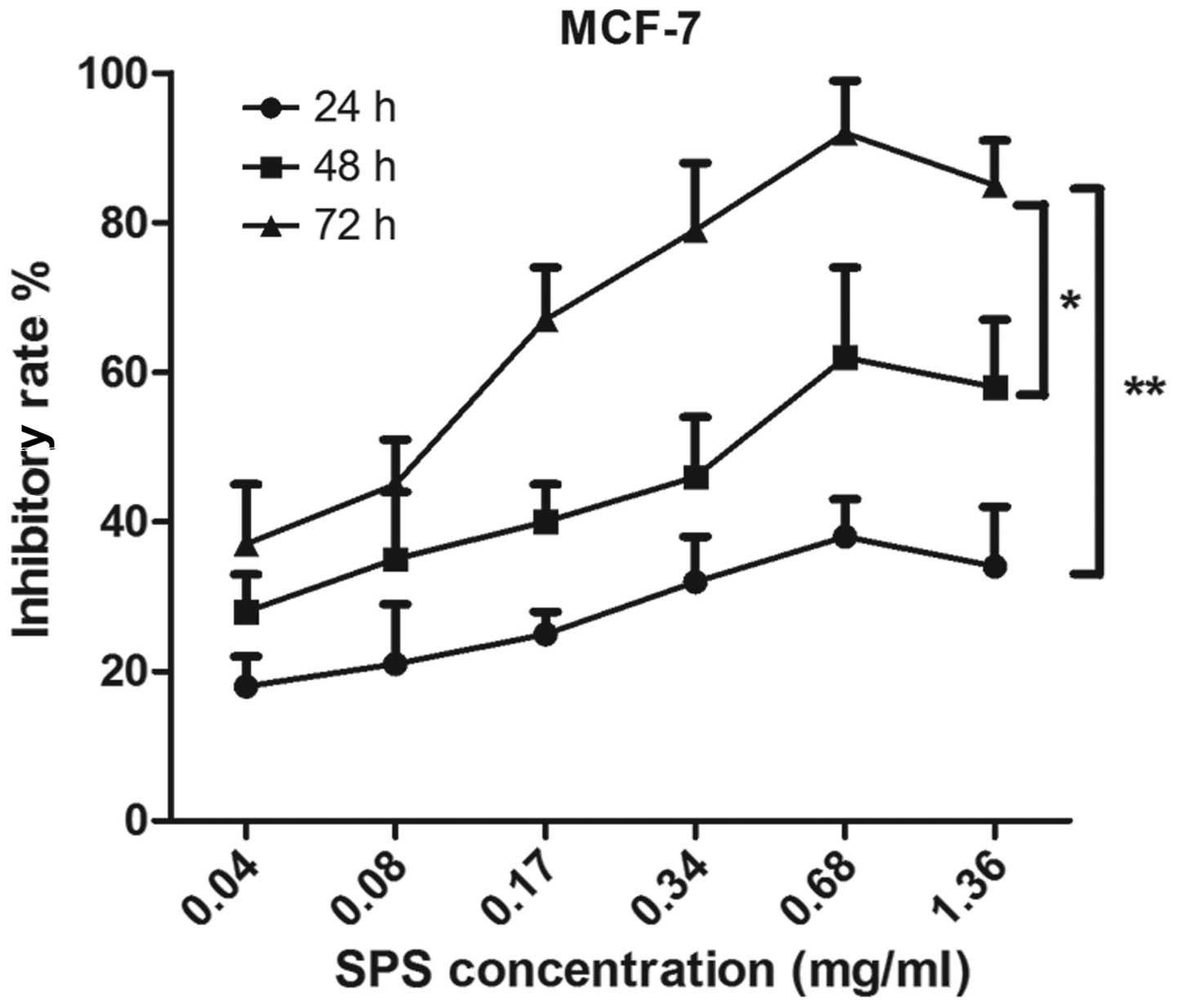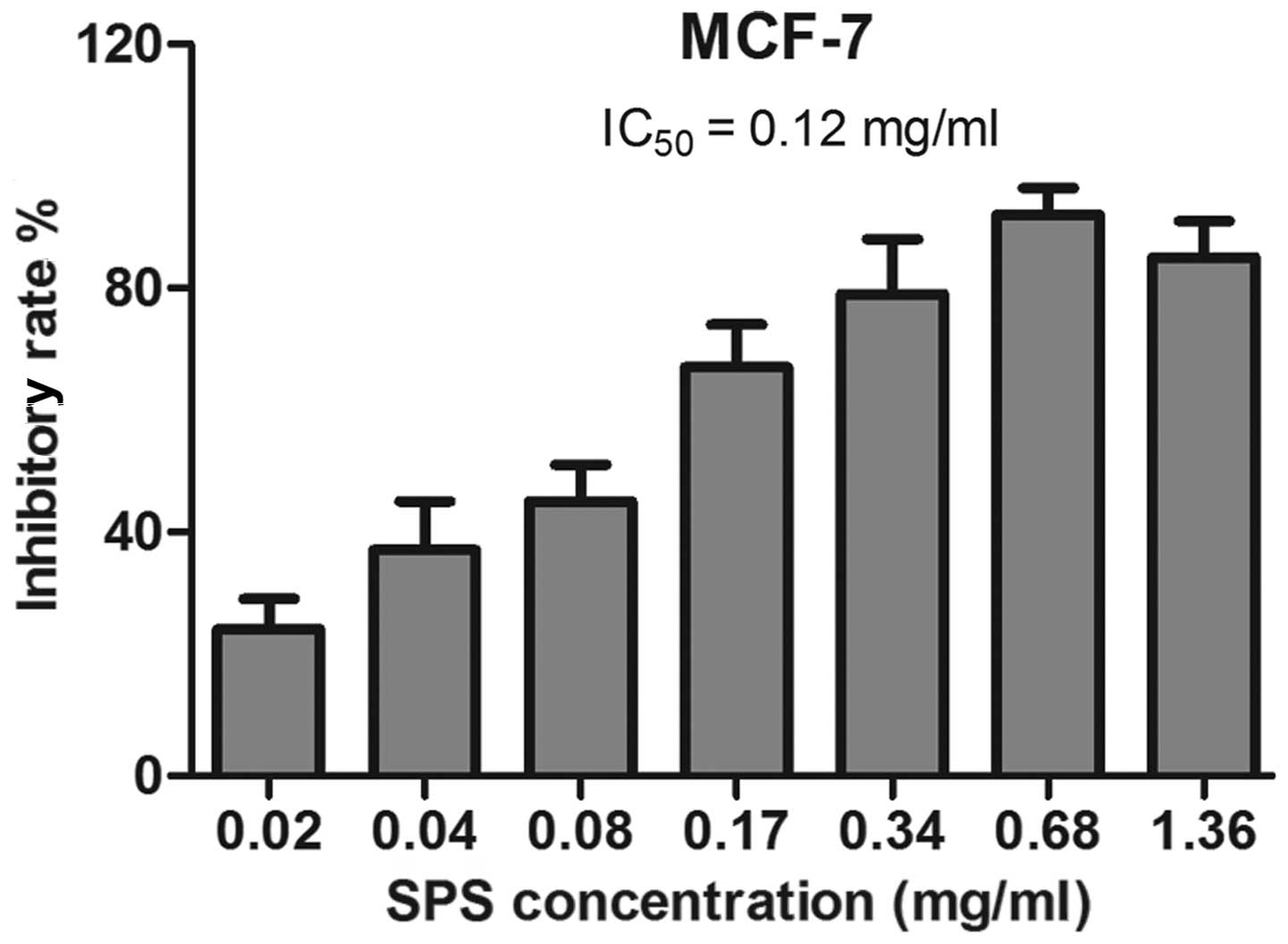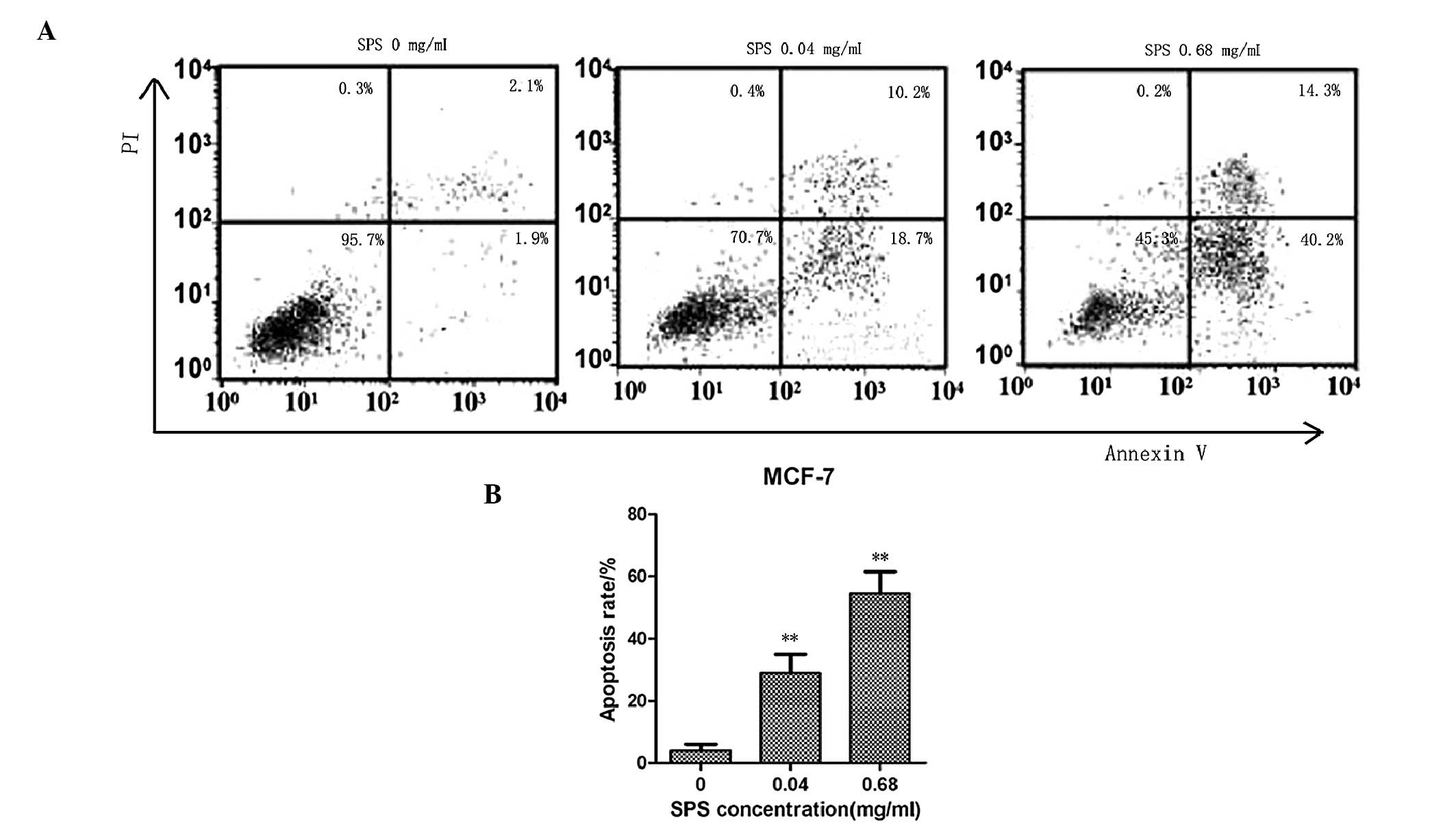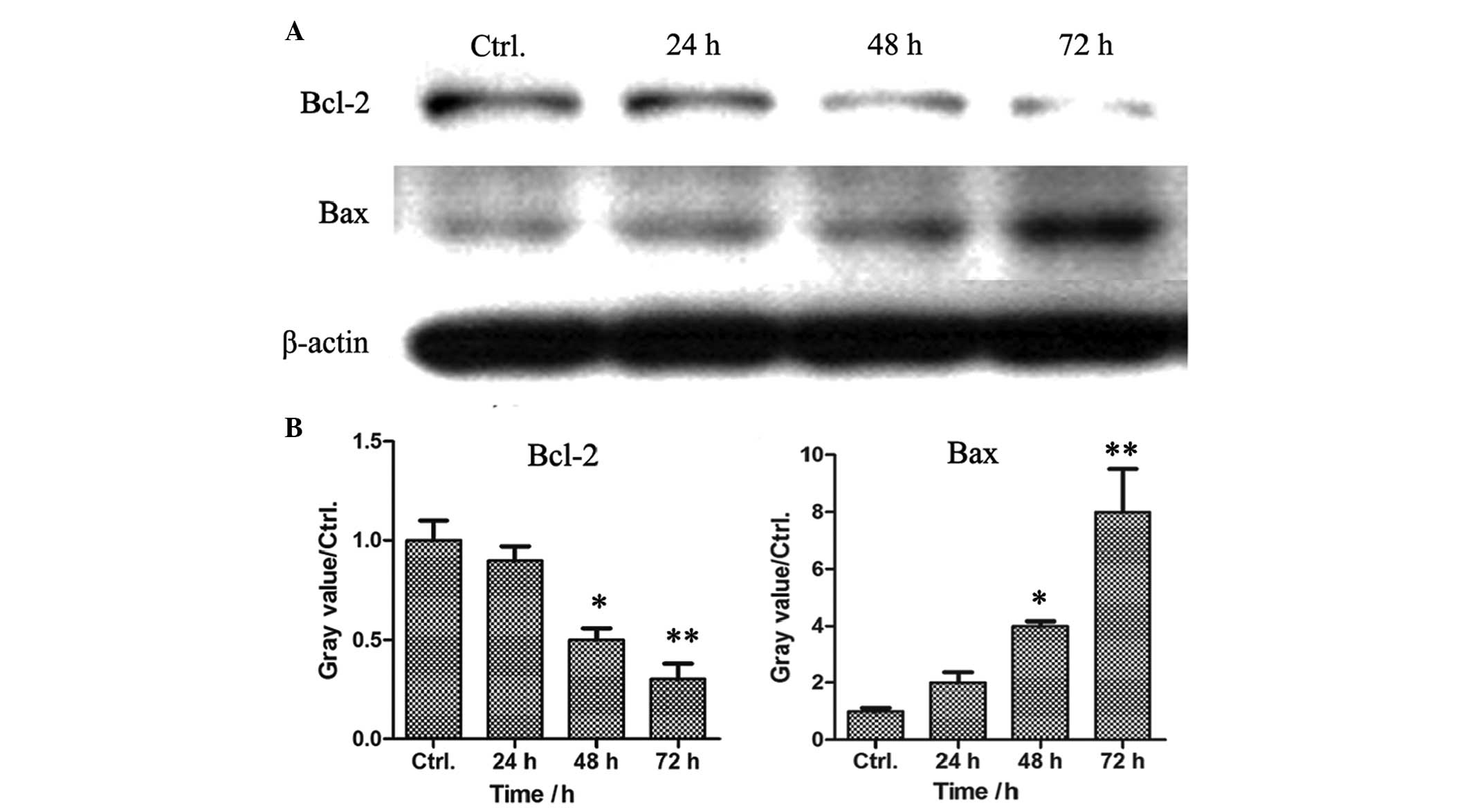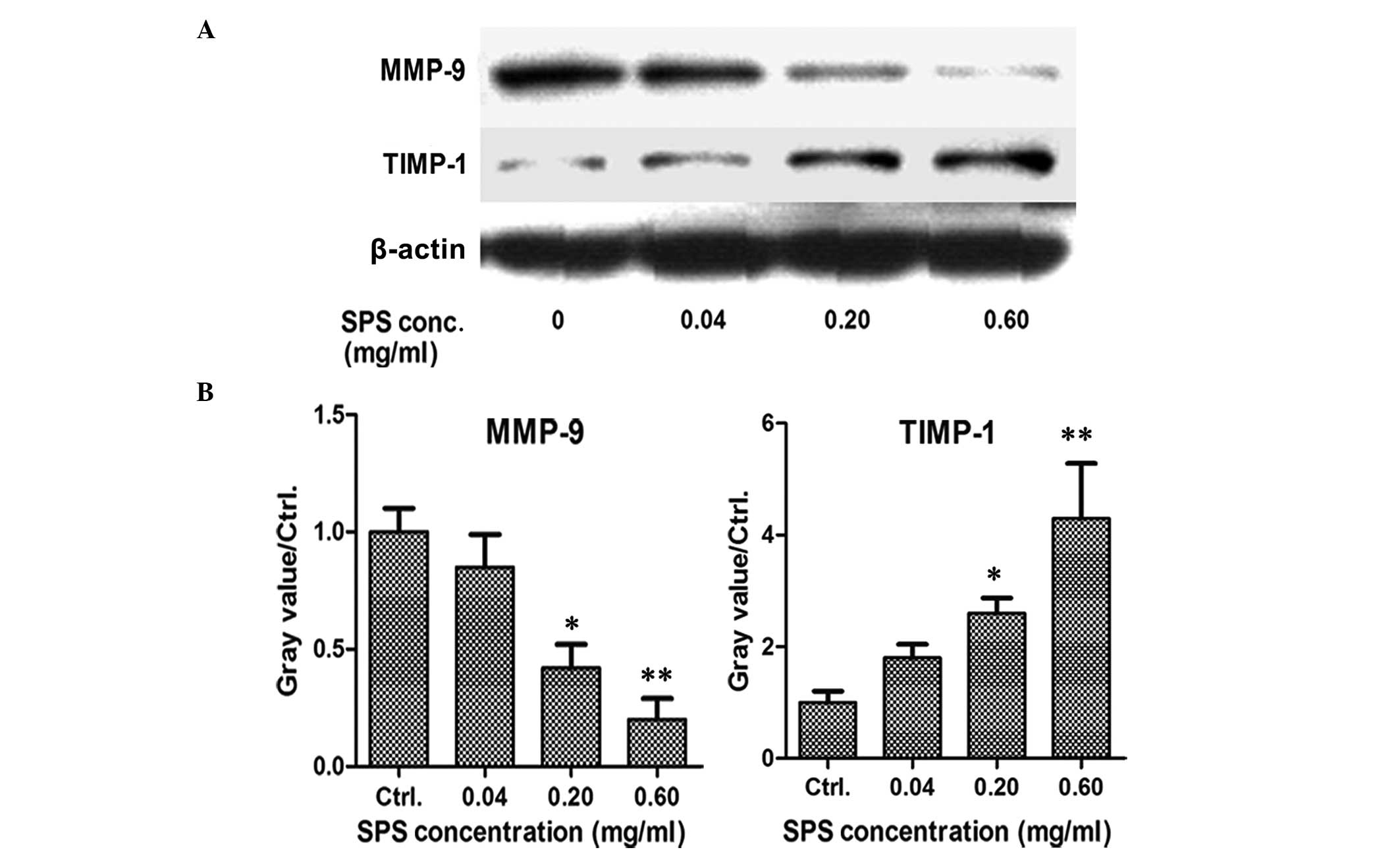|
1
|
Willis K, Lewis S, Ng F and Wilson L: The
experience of living with metastatic breast cancer-A review of the
literature. Health Care Women Int. 29:1–29. 2014. View Article : Google Scholar
|
|
2
|
Libson S and Lippman M: A review of
clinical aspects of breast cancer. Int Rev Psychiatry. 26:4–15.
2014. View Article : Google Scholar : PubMed/NCBI
|
|
3
|
Eden JA: Human breast cancer stem cells
and sex hormones - a narrative review. Menopause. 17:801–810.
2010.PubMed/NCBI
|
|
4
|
Ginossar T, De Vargas F, Sanchez C and
Oetzel J: “That word, cancer”: breast care behavior of Hispanic
women in new Mexico background and literature review”. Health Care
Women Int. 31:68–87. 2010. View Article : Google Scholar : PubMed/NCBI
|
|
5
|
Verkooijen HM, Bouchardy C, Vinh-Hung V,
Rapiti E and Hartman M: The incidence of breast cancer and changes
in the use of hormone replacement therapy: a review of the
evidence. Maturitas. 64:80–85. 2009. View Article : Google Scholar : PubMed/NCBI
|
|
6
|
Deapen D: Breast implants and breast
cancer: a review of incidence, detection, mortality, and survival.
Plast Reconstr Surg. 120:70S–80S. 2007. View Article : Google Scholar : PubMed/NCBI
|
|
7
|
Wu J: Apoptosis and angiogenesis: two
promising tumor markers in breast cancer (review). Anticancer Res.
16:2233–2239. 1996.PubMed/NCBI
|
|
8
|
Amaral C, Borges M, Melo S, da Silva ET,
Correia-da-Silva G and Teixeira N: Apoptosis and autophagy in
breast cancer cells following exemestane treatment. PLoS One.
7:e423982012. View Article : Google Scholar : PubMed/NCBI
|
|
9
|
Yang H and Dou QP: Targeting apoptosis
pathway with natural terpenoids: Implications for treatment of
breast and prostate cancer. Curr Drug Targets. 11:733–744. 2010.
View Article : Google Scholar : PubMed/NCBI
|
|
10
|
Grimm D, Wehland M, Pietsch J, Infanger M
and Bauer J: Drugs interfering with apoptosis in breast cancer.
Curr Pharm Des. 17:272–283. 2011. View Article : Google Scholar : PubMed/NCBI
|
|
11
|
Elumalai P, Gunadharini DN, Senthilkumar
K, et al: Induction of apoptosis in human breast cancer cells by
nimbolide through extrinsic and intrinsic pathway. Toxicol Lett.
215:131–142. 2012. View Article : Google Scholar : PubMed/NCBI
|
|
12
|
Park H, Bergeron E, Senta H, et al:
Sanguinarine induces apoptosis of human osteosarcoma cells through
the extrinsic and intrinsic pathways. Biochem Biophys Res Commun.
399:446–451. 2010. View Article : Google Scholar : PubMed/NCBI
|
|
13
|
Li Y, He K, Huang Y, et al: Betulin
induces mitochondrial cytochrome c release associated apoptosis in
human cancer cells. Mol Carcinog. 49:630–640. 2010.PubMed/NCBI
|
|
14
|
Chen FP and Chien MH: Phytoestrogens
induce apoptosis through a mitochondria/caspase pathway in human
breast cancer cells. Climacteric. 17:385–389. 2014. View Article : Google Scholar
|
|
15
|
Aiyar SE, Park H, Aldo PB, et al: TMS, a
chemically modified herbal derivative of resveratrol, induces cell
death by targeting Bax. Breast Cancer Res Treat. 124:265–277. 2010.
View Article : Google Scholar : PubMed/NCBI
|
|
16
|
Boohaker RJ, Zhang G, Lee MW, et al:
Rational development of a cytotoxic peptide to trigger cell death.
Mol Pharm. 9:2080–2093. 2012. View Article : Google Scholar : PubMed/NCBI
|
|
17
|
Wang XX, Cheng Q, Zhang SN, et al:
PAK5-Egr1-MMP2 signaling controls the migration and invasion in
breast cancer cell. Tumour Biol. 34:2721–2729. 2013. View Article : Google Scholar : PubMed/NCBI
|
|
18
|
Zu X, Zhang Q, Cao R, et al: Transforming
growth factor-beta signaling in tumor initiation, progression and
therapy in breast cancer: an update. Cell Tissue Res. 347:73–84.
2012. View Article : Google Scholar
|
|
19
|
Folgueira MA, Maistro S, Katayama ML, et
al: Markers of breast cancer stromal fibroblasts in the primary
tumour site associated with lymph node metastasis: a systematic
review including our case series. Biosci Rep. 33:e000852013.
View Article : Google Scholar : PubMed/NCBI
|
|
20
|
Jezierska A and Motyl T: Matrix
metalloproteinase-2 involvement in breast cancer progression: a
mini-review. Med Sci Monit. 15:RA32–RA40. 2009.PubMed/NCBI
|
|
21
|
Nyormoi O, Mills L and Bar-Eli M: An
MMP-2/MMP-9 inhibitor, 5a, enhances apoptosis induced by ligands of
the TNF receptor superfamily in cancer cells. Cell Death Differ.
10:558–569. 2003. View Article : Google Scholar : PubMed/NCBI
|
|
22
|
Sun Y, Lu N, Ling Y, et al: Oroxylin A
suppresses invasion through down-regulating the expression of
matrix metallopro-teinase-2/9 in MDA-MB-435 human breast cancer
cells. Eur J Pharmacol. 603:22–28. 2009. View Article : Google Scholar
|
|
23
|
Lewandowska U, Szewczyk K, Owczarek K, et
al: Flavanols from Japanese quince (Chaenomeles japonica) fruit
inhibit human prostate and breast cancer cell line invasiveness and
cause favorable changes in Bax/Bcl-2 mRNA ratio. Nutr Cancer.
65:273–285. 2013. View Article : Google Scholar : PubMed/NCBI
|
|
24
|
Li F, Li C, Zhang H, et al: VI-14, a novel
flavonoid derivative, inhibits migration and invasion of human
breast cancer cells. Toxicol Appl Pharmacol. 261:217–226. 2012.
View Article : Google Scholar : PubMed/NCBI
|
|
25
|
Wakabayashi T, Hirokawa S, Yamauchi N,
Kataoka T, Woo JT and Nagai K: Immunomodulating activities of
polysaccharide fractions from dried safflower petals.
Cytotechnology. 25:205–211. 1997. View Article : Google Scholar : PubMed/NCBI
|
|
26
|
Ando I, Tsukumo Y, Wakabayashi T, et al:
Safflower polysaccharides activate the transcription factor
NF-kappa B via Toll-like receptor 4 and induce cytokine production
by macrophages. Int Immunopharmacol. 2:1155–1162. 2002. View Article : Google Scholar : PubMed/NCBI
|
|
27
|
Shi X, Ruan D, Wang Y, Ma L and Li M:
Anti-tumor activity of safflower polysaccharide (SPS) and effect on
cytotoxicity of CTL cells, NK cells of T739 lung cancer in mice.
Zhongguo Zhong Yao Za Zhi. 35:215–218. 2010.In Chinese. PubMed/NCBI
|
|
28
|
Chen L, Xiang Y, Kong L, et al:
Hydroxysafflor yellow A protects against cerebral
ischemia-reperfusion injury by anti-apoptotic effect through
PI3K/Akt/GSK3β pathway in rat. Neurochem Res. 38:2268–2275. 2013.
View Article : Google Scholar : PubMed/NCBI
|
|
29
|
Lin FM and Pomeranz Y: Effect of borate on
colorimetric determinations of carbohydrates by the phenol-sulfuric
acid method. Anal Biochem. 24:128–131. 1968. View Article : Google Scholar : PubMed/NCBI
|
|
30
|
Masuko T, Minami A, Iwasaki N, Majima T,
Nishimura S and Lee YC: Carbohydrate analysis by a phenol-sulfuric
acid method in microplate format. Anal Biochem. 339:69–72. 2005.
View Article : Google Scholar : PubMed/NCBI
|
|
31
|
Saha SK and Brewer CF: Determination of
the concentrations of oligosaccharides, complex type carbohydrates,
and glycoproteins using the phenol-sulfuric acid method. Carbohydr
Res. 254:157–167. 1994. View Article : Google Scholar : PubMed/NCBI
|
|
32
|
Cuesta G, Suarez N, Bessio MI, Ferreira F
and Massaldi H: Quantitative determination of pneumococcal capsular
polysaccharide serotype 14 using a modification of phenol-sulfuric
acid method. J Microbiol Methods. 52:69–73. 2003. View Article : Google Scholar
|
|
33
|
Siponen ET, Joensuu H and Leidenius MH:
Local recurrence of breast cancer after mastectomy and modern
multidisciplinary treatment. Acta Oncol. 52:66–72. 2013. View Article : Google Scholar
|
|
34
|
Koscielny S and Tubiana M: The link
between local recurrence and distant metastases in human breast
cancer. Int J Radiat Oncol Biol Phys. 43:11–24. 1999. View Article : Google Scholar : PubMed/NCBI
|
|
35
|
Dian D, Straub J, Scholz C, et al:
Influencing factors for regional lymph node recurrence of breast
cancer. Arch Gynecol Obstet. 277:127–134. 2008. View Article : Google Scholar
|
|
36
|
Hristov AN, Kennington LR, McGuire MA and
Hunt CW: Effect of diets containing linoleic acid- or oleic
acid-rich oils on ruminal fermentation and nutrient digestibility,
and performance and fatty acid composition of adipose and muscle
tissues of finishing cattle. J Anim Sci. 83:1312–1321.
2005.PubMed/NCBI
|















